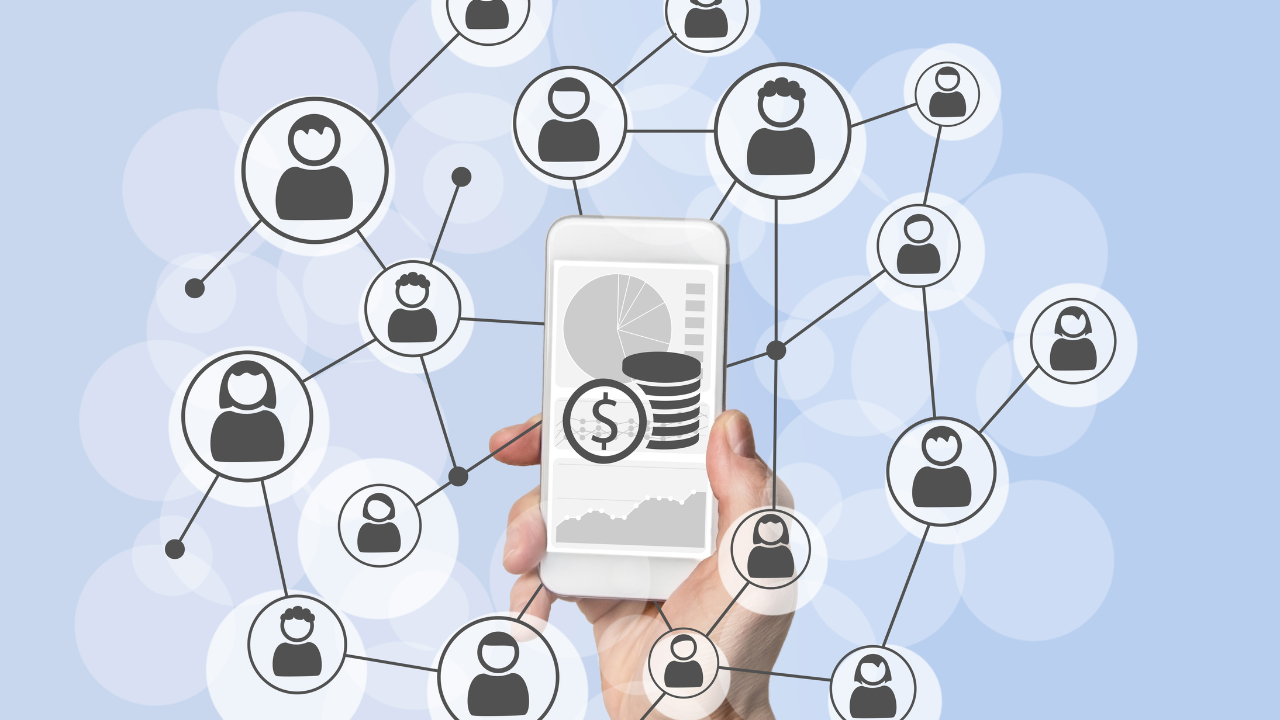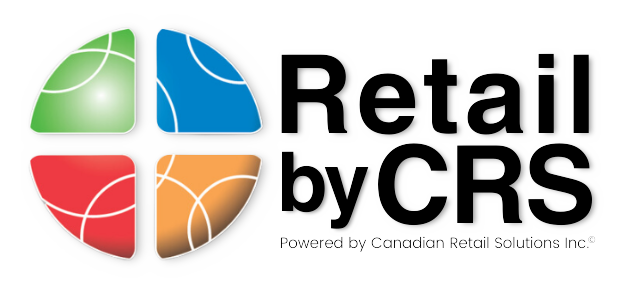7 Reasons Why Getting Your Store Online is Crucial in Today’s Retail Industry
We are ALL consumers, even if we’re retailers. We all shop in various stores for various things, and fit a certain “category” of shopper when held under the microscope of analytical data. With that in mind, what is the first thing you tend to do nowadays when you want to purchase new clothes, or shoes, or any kind of product?
In some cases, we go to the malls. Maybe we make a day of it with our friends and go on a little spending spree. Or maybe we pop into one or two stores that we think may have that product and shop around.
In MOST cases, though, we take that tiny little computer device we carry around with us everywhere (aka: our smartphones) and do a search online. Maybe we’ll go directly to the online stores we shop at regularly and check if they have what we’re looking for. Maybe we go onto Google and type the product into the search bar to see what results are brought up. We may not necessarily purchase it online, but at the very least, we’re comparing prices and getting ourselves informed before making a trip to the mall or store.
Obviously the online retail space is extremely competitive, with billions of online stores worldwide. However, you can’t win a competition if you aren’t part of the competition, so getting your store online is crucial in order to keep up with your competitors.
If that’s not reason enough, we’ve compiled a list of 7 other reasons why you should consider getting your store online!
1. Online Activity Continuously Increases Across the Globe
In the last decade, online sales worldwide have been on a steady incline year-to-year, with the largest jump between 2019 and 2020 due to the global pandemic. Since the global pandemic has turned more consumers towards online shopping permanently, that incline is expected to continue over the years to come.
Not only does the global pandemic contribute to this continued incline, but so does the increase in online accessibility worldwide. According to Statista, roughly 66% of the global population are internet users, with another steady incline year-over-year in the last decade. As online connections continue to transform, it’s predicted that this number will continue to increase in the years to come as well.
2. Consumers are Informing Themselves…and Others
In 2021, nearly 70% of consumers worldwide were reported to read 1-6 reviews online before making a final purchase, the majority of those reviews being directly on the retailer’s website. This makes reviews extremely valuable to a retailer (well…the positive ones anyway).
Having an online store gives consumers a platform to easily leave a product review, especially when they’ve just made a purchase online and are sent a link directly to their email to leave one. In a brick-and-mortar store, these additional opportunities for retailers to ask for reviews are much harder to achieve.

3. Better Understand Your Customers and Their Buying Behaviors
While retailers can capture data on their customers and their buying behaviors in a physical store, it’s quite limited to purchase histories and information the customer is willing to verbally offer you (like their email address or postal code, for example). Having an online store can open up whole new insights, which gives retailers a better understanding of their customers and drives better business decisions.
For instance, being online allows retailers to run analytics on their store to see things like what visitors are clicking on the most, and what’s attracting them to make those clicks. It also gives insight into where your customers are coming from, either through a search engine or through your marketing efforts, and where in the world they are located.
Additionally, some ecommerce platforms have third-party partnerships with in-depth reporting add-ons that gives retailers the ability to dive even deeper into their data and gain insight on product performance in ways like never before! For example, here at Canadian Retail Solutions, we offer the CRS Advanced Responsive Reporting add on for Shopify store owners, which gives retailers drilled down reporting on custom data breakdowns such as size, color, brand, and SO much more!

4. Adding an Additional Sales Location with Low Overhead Costs
Think of an online store as its own additional location (that can potentially reach consumers all over the world). An online store is an opportunity to grow your business at a fraction of the cost of opening an additional brick-and-mortar location. It also presents minimal risk in comparison to an additional brick-and-mortar store.
When integrating your online store to your POS system, this additional sales location with already low overhead costs essentially becomes self-managing, with the information on your inventory, customers, and products updating in real time as things change in the physical store.

5. Open Up to More Omnichannel Opportunities with Ease
Having an online store makes omnichannel selling a breeze. With all of the different digital channels brands can sell on nowadays, it can be overwhelming to keep up with it all. Between all of the different marketplaces, like Amazon, Wal Mart, and Etsy, and the social selling platforms, such as Facebook, Snapchat, and TikTok, getting on board any of these may feel intimidating…maybe even impossible.
You can integrate your online store to most major marketplaces and social platforms, allowing you to sell on all of these channels from one, easy place. It also makes it easy to link products back to your store on social media platforms when delivering different marketing campaigns. With an online store, the omnichannel selling opportunities become so much more accessible.

6. Capture Information for Better Targeted Marketing
Target marketing is the concept in which you market specific products or services to specific consumers based on their buying habits, demographics, and behaviors. This data is often collected through the use of artificial intelligence built within your POS system and/or online platforms. All ecommerce and POS platforms offer reporting tools, either built-in or as add-on features, that breakdown these data points and deliver them to help retailers better understand what their customers are purchasing and why.
With this insight, retailers can then target consumers that fall into particular categories with marketing content best suited to what they want, boosting conversion rates, and ultimately boosting revenue.
An online store is a magnificent tool for capturing not only these data points, but also the customers contact information so you can easily set them up on an email or SMS marketing campaign targeted specifically to them. When making online purchases, customers typically leave an email and/or phone number to track their purchase. These pieces of information are key to building your marketing lists.

7. Boost Your Brand Awareness
When you’re reduced to your brick-and-mortar store, your reach is reduced to your surrounding communities. Your brand may be well known in your city, but that ultimately limits your growth. Having an online presence boosts your reach beyond your backyard and people from all over the place start to recognize your brand. At the end of the day, a broader brand awareness is what retailers need in order to grow their sales, and their business.




